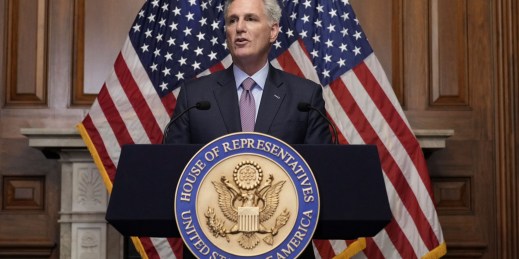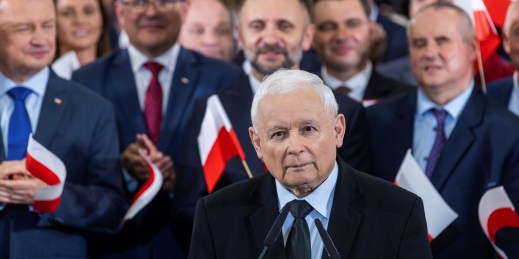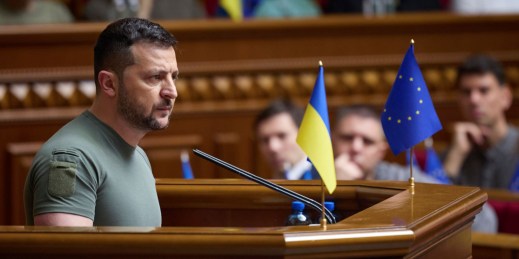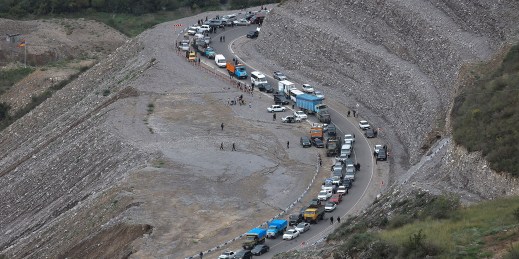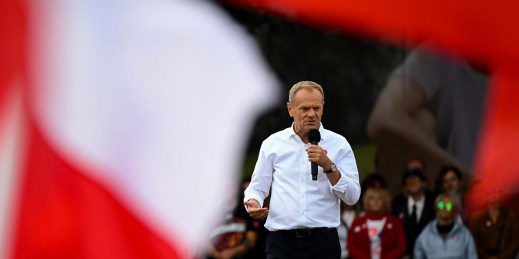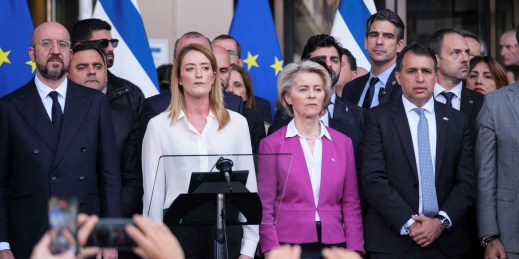
As is often the case when faced with an unexpected crisis, infighting hampered the EU’s ability to respond to the Israel-Hamas war. Critics pointed to the disarray as proof that the EU can never become a truly geopolitical actor. But once the EU finds its feet, its long-term responses to new challenges can prove remarkably resilient.

